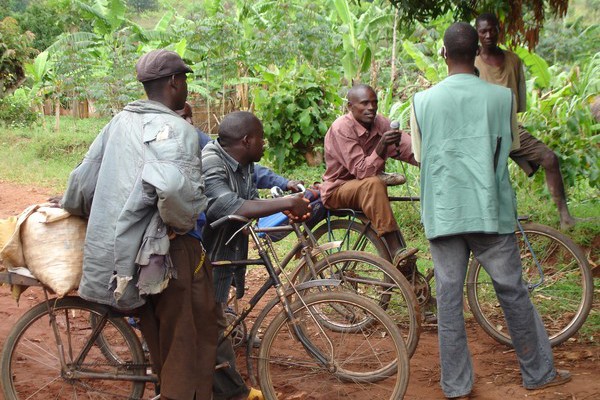Since independence, the Burundian people have suffered various cycles of violence, characterized by the targeted massacre of civilians along ethnic lines. In 1993, revenge killings between the Hutu and Tutsi communities culminated in a civil war that lasted over a decade. Prospects for lasting peace rose with the Arusha Peace Accords, which ended the civil war in 2005 and led to democratic elections. Sustained negotiations saw the last rebel group sign the Peace Accord in 2008. Subsequent elections in 2010 however presaged a future crisis as the ruling party retained power in an election boycotted by the opposition. The 2015 elections were held in a dramatic atmosphere that included an attempted coup, demonstrations by the opposition, a violent crackdown by security forces and the flight of many citizens and some members of the politico-military elite. As Burundi heads towards the 2020 general elections, its context is marked by a political impasse between a ruling party that has secured a near-complete dominance of the political space, and a fractured, weakened opposition.
Interpeace’s Burundi Peacebuilding programme, implemented in partnership with the Conflict Alert and Prevention Centre (CENAP), aims to reinforce the capacity of Burundian society to consolidate lasting peace. It does this through inclusive dialogue, accountability, reconciliation and the gradual development of a culture of democracy. CENAP’s position as one of the few Burundian civil society organizations with the capacity to bring together actors from across the political divide has helped foster dialogue. CENAP has managed to keep open and sometimes initiate critical lines of communication across the political divide. Facilitated by CENAP, these dialogue initiatives have involved government representatives, the ruling party, opposition parties, civic groups and ordinary citizens.
The programme is creating important bridges between the different sectors of society and a dialogue process focused on recovery and the consolidation of peace. It uses participatory research methods, which include focus group discussions, interviews and polling to help support the vision of a peaceful Burundi. By disseminating results and success stories, the programme hopes to inspire others to join the nationwide dialogue process.
In 2017, CENAP and Interpeace consulted 4,034 young people (aged 15-29) to discuss their perspectives and visions for a peaceful, economically dynamic Burundi with a competent education system and respect for the rule of law. In the current crisis, young people – who constitute 65% of the population – have few opportunities to participate constructively in politics or find employment. With limited options, young people can get frustrated and fall into radical narratives. The aim of the research was therefore to include these young people in shaping the future of their country and preparing them to serve as a basis for change. In view of the 2020 general elections, the programme strategy for 2019 is to contribute towards laying the foundation for future peaceful elections in Burundi. The programme will consult members of the ruling party and the opposition, both within Burundi and in the diaspora, to identify the minimum conditions required by actors across the political spectrum to hold inclusive elections in 2020.
The programme’s overall vision is to contribute to the reinforcement of a culture of democracy through the values of inclusive dialogue, accountability, peaceful coexistence and sustainable development. To achieve this vision, CENAP and Interpeace primarily work with local political leaders, national political leaders, youth affiliated with political parties and communities at risk of conflict. The positive contribution of these four groups is essential towards achieving long-lasting peace in Burundi.

